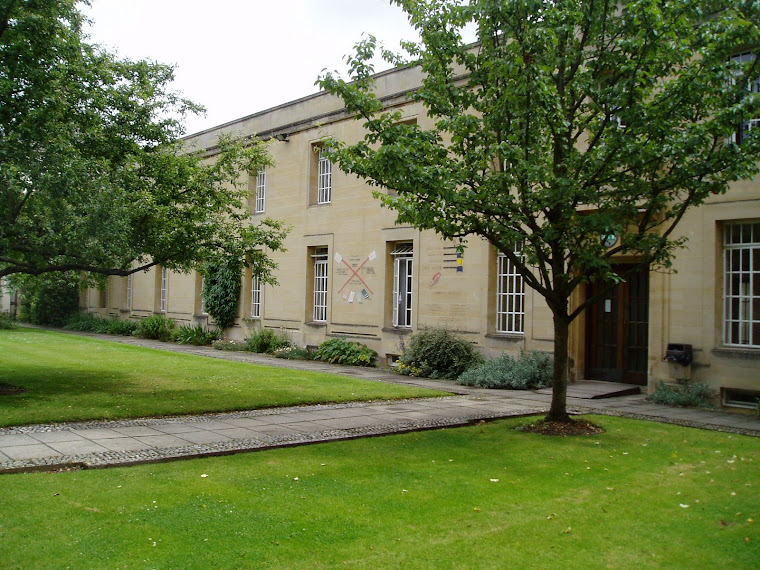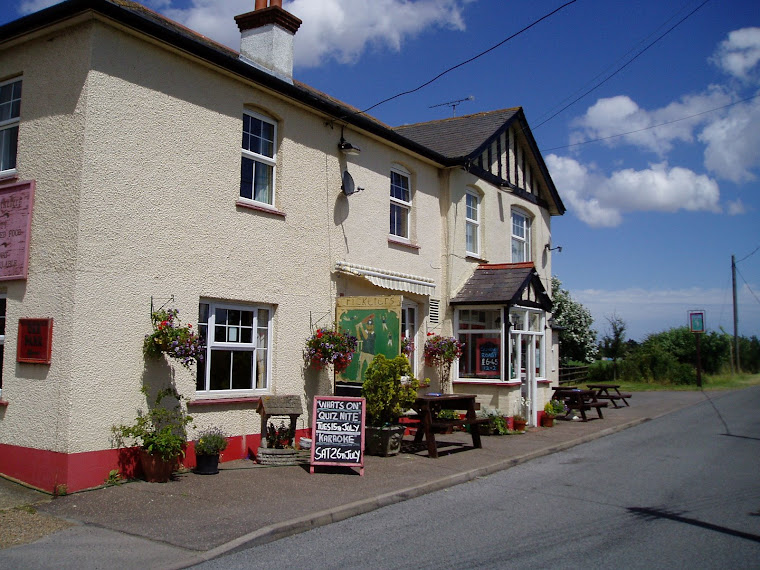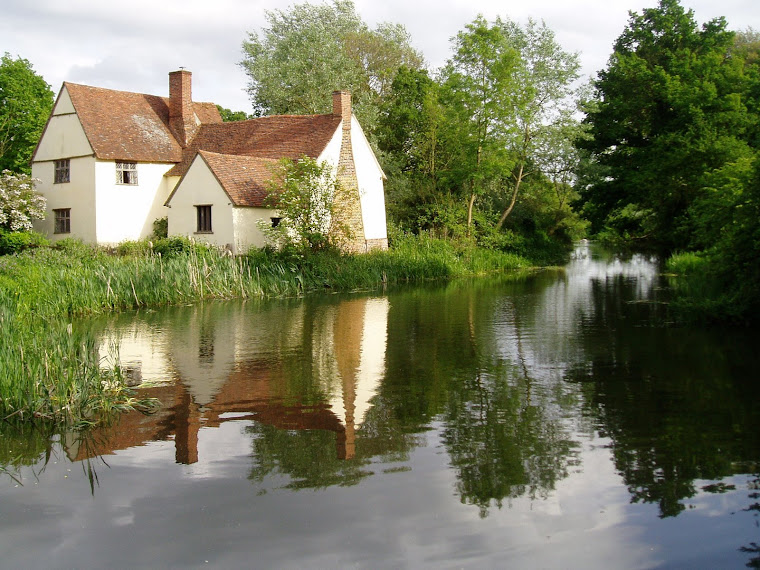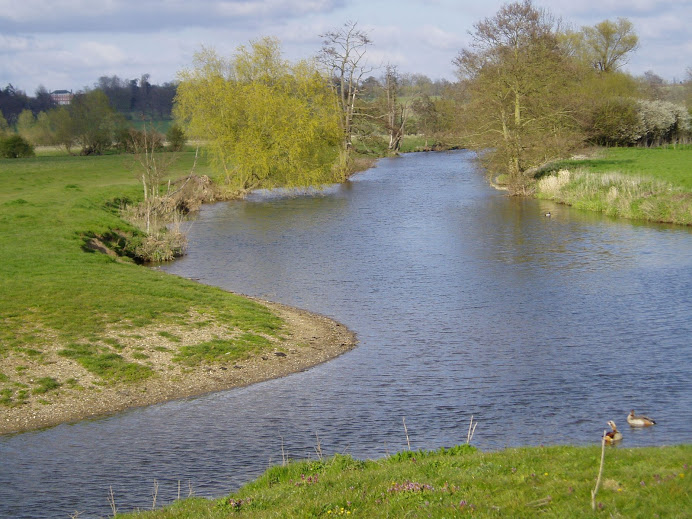When I was looking into Peniel Church and Michael Reid Ministries in the 1990s, I often asked myself can a business man or landed gentleman or lady with sufficient funds build, maintain and establish a genuine church under his or her authority, leadership and direction? Certain Church of England livings were in the gift of the lord of the manor, lady bountiful, Sir Somebody of local importance or Ben E. Factor. C.H. Spurgeon with his brother bought land and built churches, which were wisely staffed with students from the College, as at Hornchurch in North Street and Leather Lane. Wesley and Whitfield founded churches when folk were converted under their ministries and evangelistic enterprise. A number of Brethren chapels were established by elders and others who had the wealth, time and commitment to setting up their Gospel Halls, without clergy and denominational interference. Sir John Laing funded various church building projects and financed London Bible College, which produced pastors and preachers for Christian assemblies and fellowships.
Some churches had church planting projects and schemes involving missionary activity and evangelistic meetings in tents, halls and homes, which grew to fully fledged churches. Some house groups and home based fellowships became local fellowships, independent and non-denominational centres of worship.
Recently I watched a YouTube video featuring Kanye West who had formed a sort of church fellowship involving his friends, colleagues and road show personnel, and they eventually employed a pastor. When does such a group become a church or a fellowship?
It seems to me that anyone in Protestantism can form a church if they desire and have the means to do so. But what makes it a church rather than a meeting or a group of believers gathering together for casual fellowship, an extended prayer group? Is a home group or Christian Union, workplace Bible study and prayer group a church? Some may operate in way that has arguably all the features of a church: prayer, the ministry of the Word, evangelism, eucharistic services, a doctrinal statement and basis of faith, creeds, discipline of membership with guidelines concerning requirements and capable, theologically competent leadership. They may run various programmes and events which draw on resources and the expertise of established churches and what has been called para church groups. Some have talked about "the church of the Hornchurch Passion Play", when those involved meet and have fellowship around this common purpose, this sacred project.
I come back to the question, what makes, what constitutes an authentic church? What are the minimum requirements or essential requirements? Some Roman Catholics would argue that the question has already been answered in the Holy Catholic Church and there is no other true church. So there can be no church outside of the true church, though some would concede that the Othodox Church, both Russian and Eastern, is a church, schismatic one but not heretical like the Protestant and other non denominational, independent churches. The idea of an individual starting a church is anathema to some Catholics and the true church should be under the direct authority of the Pope.
Could I start a church in my home or in the back garden under a specially constructed marquee?
Who really has the authority to establish a church, assembly of God's flock or ecclesia?
Have you any views on this subject? I would welcome your comments.
Some churches had church planting projects and schemes involving missionary activity and evangelistic meetings in tents, halls and homes, which grew to fully fledged churches. Some house groups and home based fellowships became local fellowships, independent and non-denominational centres of worship.
Recently I watched a YouTube video featuring Kanye West who had formed a sort of church fellowship involving his friends, colleagues and road show personnel, and they eventually employed a pastor. When does such a group become a church or a fellowship?
It seems to me that anyone in Protestantism can form a church if they desire and have the means to do so. But what makes it a church rather than a meeting or a group of believers gathering together for casual fellowship, an extended prayer group? Is a home group or Christian Union, workplace Bible study and prayer group a church? Some may operate in way that has arguably all the features of a church: prayer, the ministry of the Word, evangelism, eucharistic services, a doctrinal statement and basis of faith, creeds, discipline of membership with guidelines concerning requirements and capable, theologically competent leadership. They may run various programmes and events which draw on resources and the expertise of established churches and what has been called para church groups. Some have talked about "the church of the Hornchurch Passion Play", when those involved meet and have fellowship around this common purpose, this sacred project.
I come back to the question, what makes, what constitutes an authentic church? What are the minimum requirements or essential requirements? Some Roman Catholics would argue that the question has already been answered in the Holy Catholic Church and there is no other true church. So there can be no church outside of the true church, though some would concede that the Othodox Church, both Russian and Eastern, is a church, schismatic one but not heretical like the Protestant and other non denominational, independent churches. The idea of an individual starting a church is anathema to some Catholics and the true church should be under the direct authority of the Pope.
Could I start a church in my home or in the back garden under a specially constructed marquee?
Who really has the authority to establish a church, assembly of God's flock or ecclesia?
Have you any views on this subject? I would welcome your comments.


































































































































2 comments:
Today most people associate the word 'church' with a building, or otherwise at a higher level the Church would be the institution/ organisation/denomination, such as the Baptist or Methodist Church. But it seems to me that the New Testament places the emphasis on the gathering together of believers;
"For where two or three gather together as my followers, I am there among them.” Matthew 18: 20.
During his missionary journeys Paul established numerous churches, which were often based in people's homes.
I'm not sure whether this reference would count as a church - "On the Sabbath we went outside the city gate along the river, where it was customary to find a place of prayer. After sitting down, we spoke to the women who had gathered there." Acts 16: 13.
Thanks for your comments; they are appreciated. As you know, I have written to you privately in response to your helpful observations.
Post a Comment